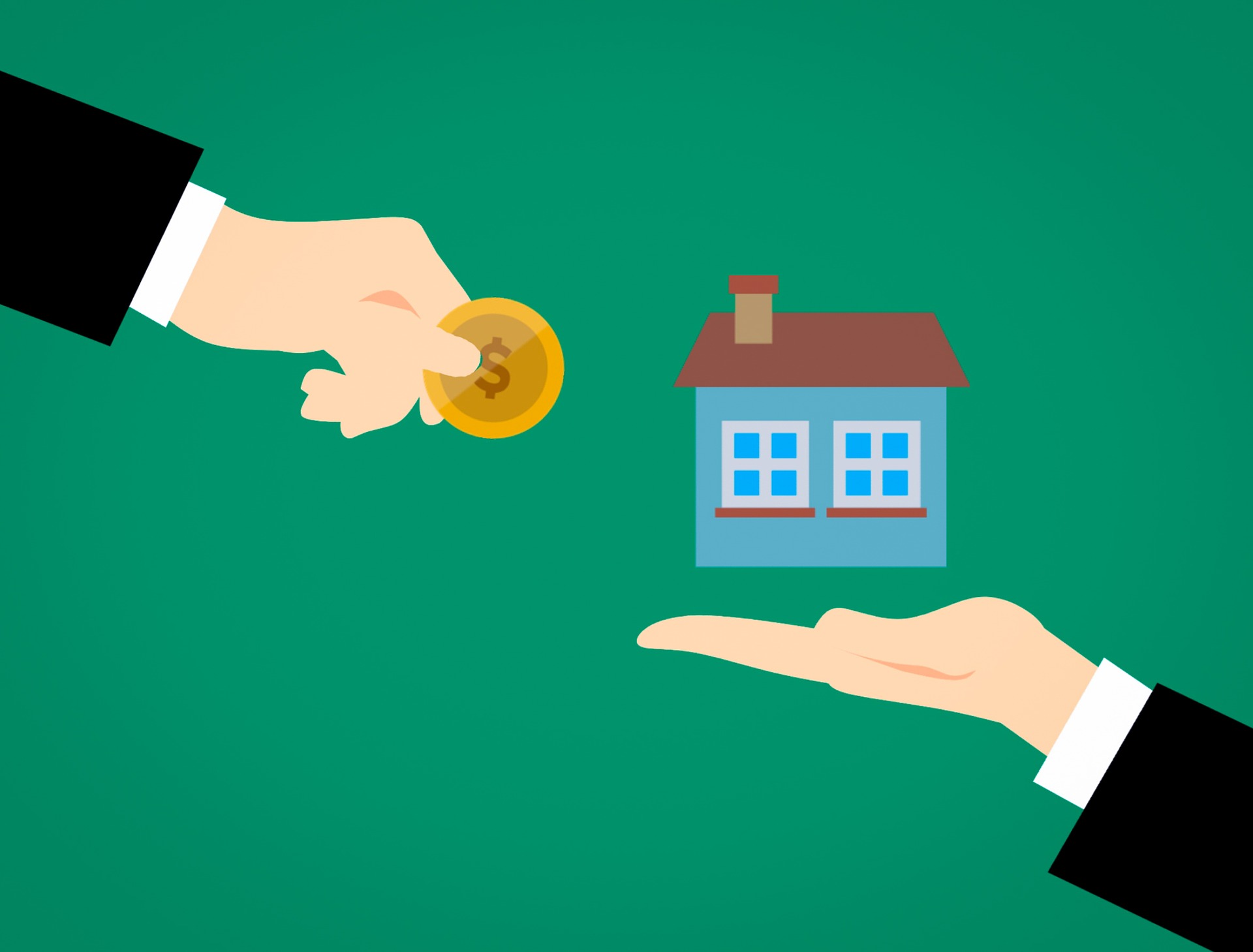Home Value Explained: A Complete Guide to Property Worth
Discover how home value is determined and why it matters whether you plan to buy, sell, refinance, or just track your investment. This guide breaks down the main factors that shape property valuation, the common appraisal methods (CMA, cost and income approaches), when to reassess your home, and practical ways to boost resale value. Learn what professionals do and how market and economic trends influence prices to make smarter real estate decisions.

Understanding what determines a home’s worth helps homeowners and investors make smarter choices. Several property characteristics, neighborhood qualities, and broader economic forces combine to shape market value. Below is a clear look at the most important drivers of home value, the methods professionals use to estimate worth, and practical guidance on assessments and improvements.
Key factors that influence home value
Physical attributes of the property are often the first things buyers and appraisers consider. Age and overall condition, recent renovations, and special features—such as updated kitchens, added bathrooms, energy-efficient systems, pools, or exceptional views—can raise a home’s appeal and price. Well-maintained homes with modern systems typically command higher values than similar but outdated properties.
Location remains a critical determinant. Proximity to quality schools, public transport, shops, parks, and low-crime neighborhoods boosts desirability. Conversely, nearby blight or unfavorable zoning can reduce value. Local supply and demand dynamics—how many comparable homes are for sale versus how many buyers are active—also play a big role.
Macro-level economic factors influence prices, too. Mortgage interest rates affect buyers’ purchasing power; low rates usually support higher prices, while rising rates can dampen demand. Job growth, unemployment levels, and population shifts in a region change local housing demand over time, which in turn affects property values.
Common methods for calculating home value
Real estate professionals and licensed appraisers rely on established valuation approaches to arrive at a credible estimate.
Comparative market analysis (CMA): This is the most frequently used technique for residential properties. It compares recently sold homes that are similar in size, age, condition, and location to estimate a fair market price. CMAs reflect current buyer preferences and present market activity, making them practical for pricing homes for sale.
Cost approach: This method estimates what it would cost to rebuild the property today, subtracts depreciation, and adds the land value. It’s particularly useful for newer structures or unique properties without many comparable sales, since it focuses on replacement cost rather than market comps.
Income approach: Commonly applied to rental and investment properties, this technique values a property based on its potential to generate income. Appraisers consider expected rental revenue, operating expenses, vacancy rates, and capitalization rates to determine value. It’s the go-to method for multi-family and commercial assets.
Why precise valuation matters
Accurate appraisals protect the financial interests of buyers, sellers, and homeowners who aren’t actively listing. For sellers, a correct price helps attract competitive offers and prevents long listing times or lost profit from underpricing. For buyers, knowing a home’s real value supports better negotiation and prevents overpayment.
Homeowners benefit from reliable valuations when refinancing, applying for home equity loans, challenging property tax assessments, or securing adequate insurance. Clear, documented value estimates are useful tools in financial planning and when making decisions about borrowing against property equity.
How often should you check your home’s value?
There’s no single rule, but annual reviews are sensible in most markets—especially those that change rapidly. Reassess more frequently if you plan to sell or refinance, or if your neighborhood experiences major shifts such as new developments, changes in school ratings, or significant infrastructure projects. Even when you’re not making a transaction, staying aware of value trends helps with budgeting and long-term planning.
Ways to increase your property’s value
Targeted improvements tend to deliver the best returns. Kitchen and bathroom upgrades, modernizing mechanical systems (HVAC, electrical, plumbing), and improving energy efficiency are frequently rewarded in the market. Boosting curb appeal through landscaping, exterior repairs, and fresh paint also enhances first impressions and perceived value.
Not every project pays off equally; expensive bespoke renovations may not recoup their full cost. Research local buyer preferences and resale trends, or consult a real estate professional before investing heavily.
The role of real estate professionals
Agents and licensed appraisers bring market data, experience, and objective analysis to the valuation process. Agents often provide CMAs as part of listing services, interpreting subtle market signals like buyer demand and neighborhood comparables. Appraisers offer independent, documented valuations that lenders rely on for mortgage underwriting.
Other specialists, such as certified home inspectors, can identify condition issues that affect value and suggest repairs. For investment properties, accountants or property managers may assist with income-based valuations.
| Service | Provider | Cost Estimation |
|---|---|---|
| Home Appraisal | Licensed Appraiser | $300 - $600 |
| Comparative Market Analysis | Real Estate Agent | Often free (as part of their service) |
| Automated Valuation Model | Online Real Estate Platforms | Free - $25 |
| Full Home Inspection | Certified Home Inspector | $300 - $500 |
Prices, rates, or cost estimates mentioned in this article are based on the latest available information but may change over time. Independent research is advised before making financial decisions.
Final considerations
Understanding how home value is formed—and the tools used to estimate it—gives homeowners and investors greater control over real estate decisions. Regular assessments, informed improvements, and guidance from qualified professionals help preserve and grow property value. Whether you’re preparing to sell, refinance, or simply tracking your most significant asset, a clear grasp of valuation principles leads to smarter, more confident choices.






